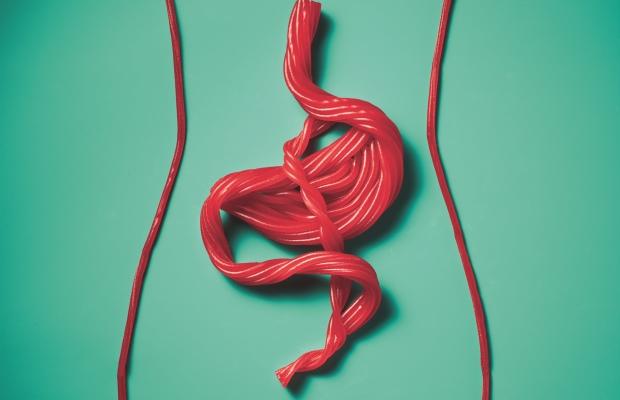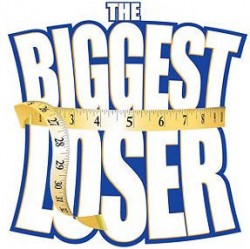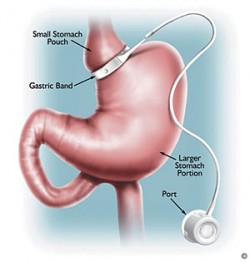Turns out, the kind of calories you eat has a huge impact on the speed of your metabolism, according to recent research presented at The Obesity Society Annual Meeting.
It's all about the thermic effect of food, or how much energy your body uses to consume and process what you're eating, says researcher Elizabeth Frost, a graduate assistant at the Pennington Biomedical Research Center.
And protein-rich foods, like salmon or Greek yogurt, burn a lot more than carbs or fat. Past research has shown that when you eat protein, you burn up to 35% of those calories through digestion alone; for fats and carbs, that number falls somewhere between 5 and 15%. That's probably because it takes your body much longer to digest and absorb protein than it does other nutrients, so it requires more energy, says Osama Hamdy, MD, medical director of Joslin Diabetes Center's Obesity Clinical Program.
So what does that difference look like in real life? In the Pennington study, 25 men and women were divided into 3 groups and assigned to a low-protein diet, a normal-protein diet, or a high-protein diet (with 5, 15, and 25% of their calories coming from protein, respectively). Their diets were adjusted so that they were eating nearly 1,000 extra calories a day. At the end of 8 weeks, all 3 groups had gained weight—but it wasn't all the same kind of weight. The low-protein group stored 95% of those extra calories as body fat, while the normal- and high-protein groups stored about half that amount as fat and the other half was turned into lean muscle mass.
But wait, there's more: Throughout the study, participants' metabolic levels were tracked, and while the low protein group didn't see any additional resting calorie burn, the normal protein group's metabolism increased by an average of 160 calories per day, and the high-protein group saw a daily increase of 227 calories.
Of course, overeating is still overeating, Frost says; as long as you're taking in more calories than your body uses, you're going to gain weight. But whether you gain muscle or fat depends on what you're eating. So if you're cruising for seconds at dinner and it's between another scoop of mashed potatoes or third slice of turkey, your best option is probably the bird.




